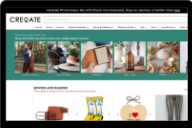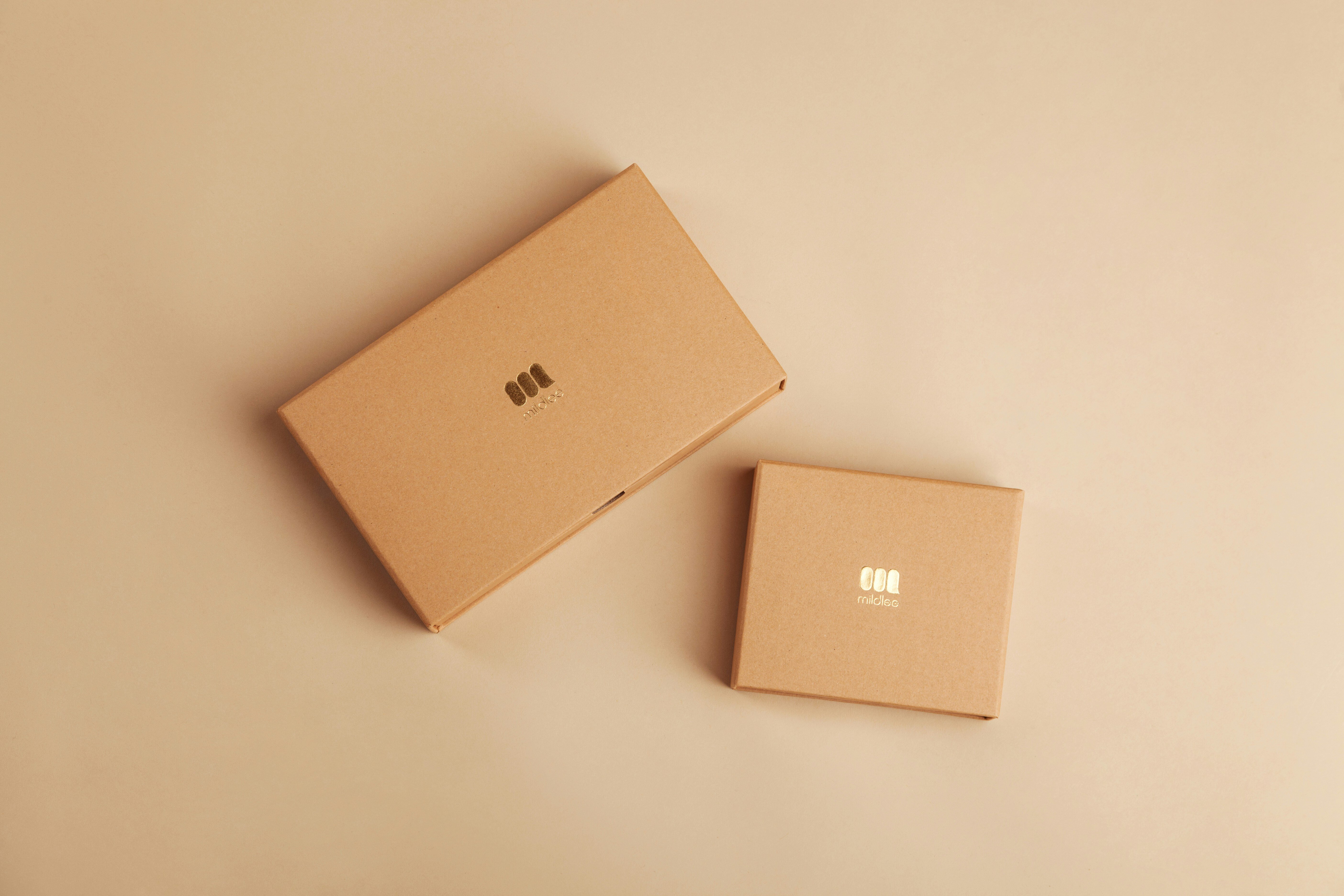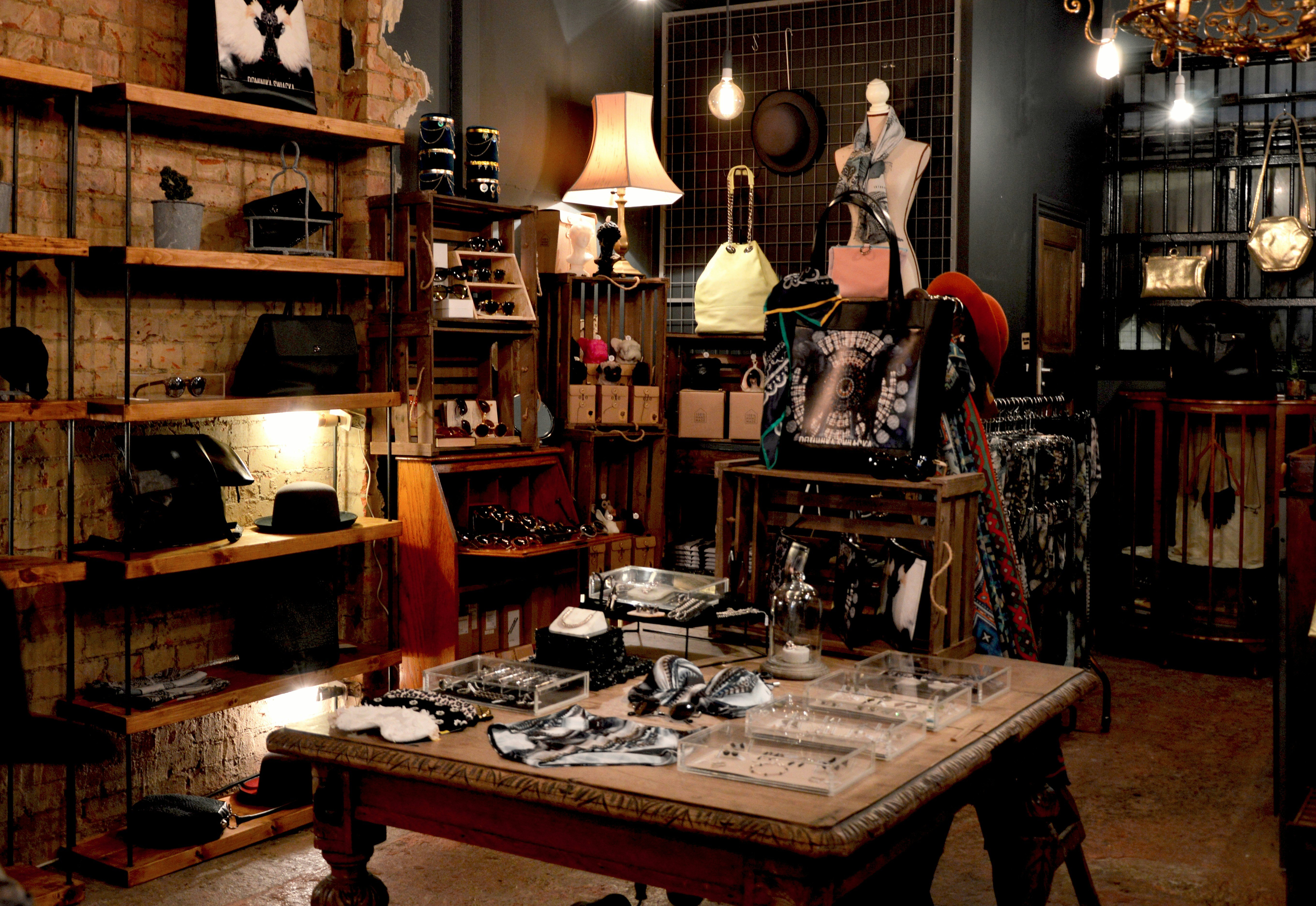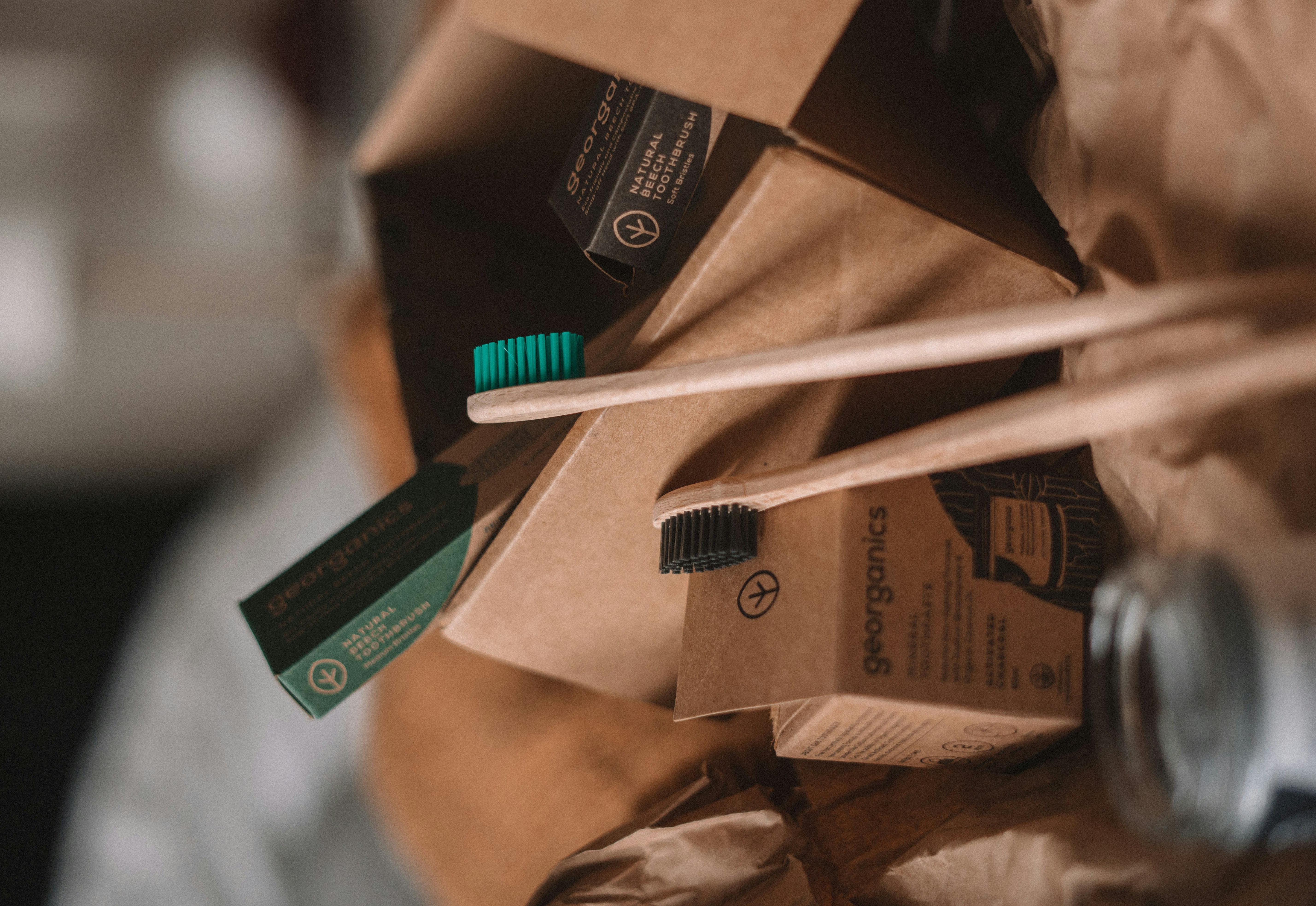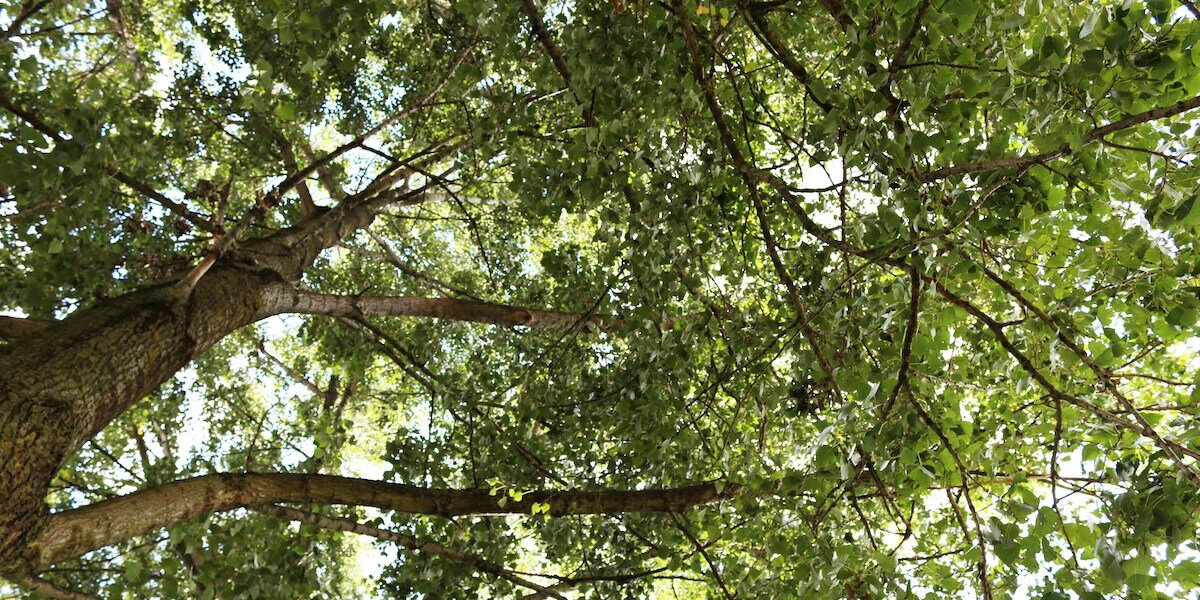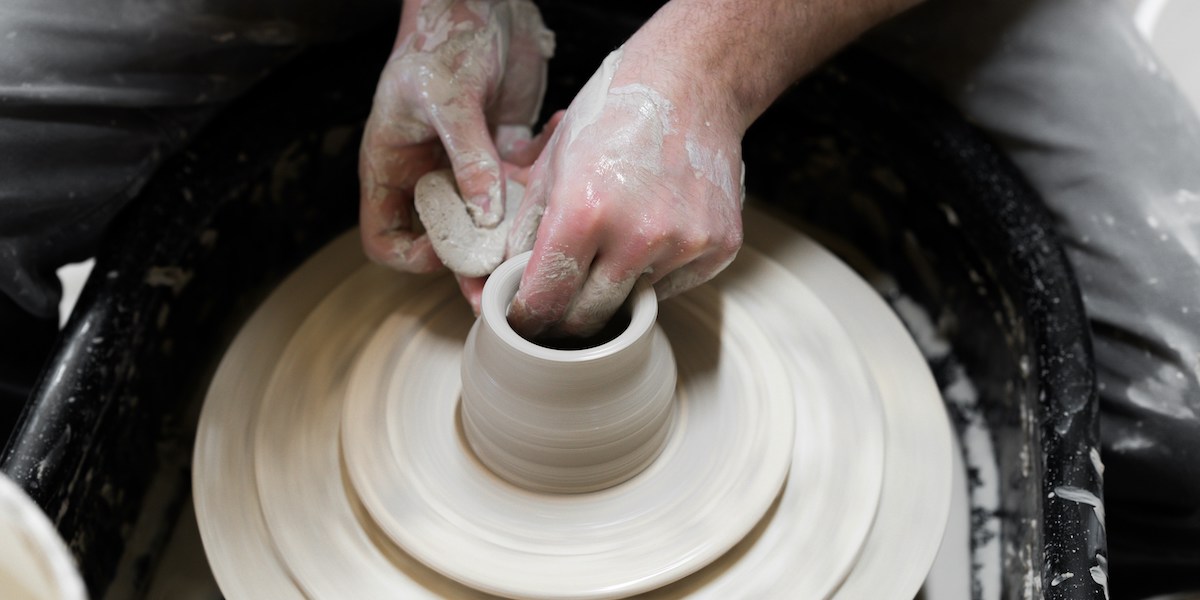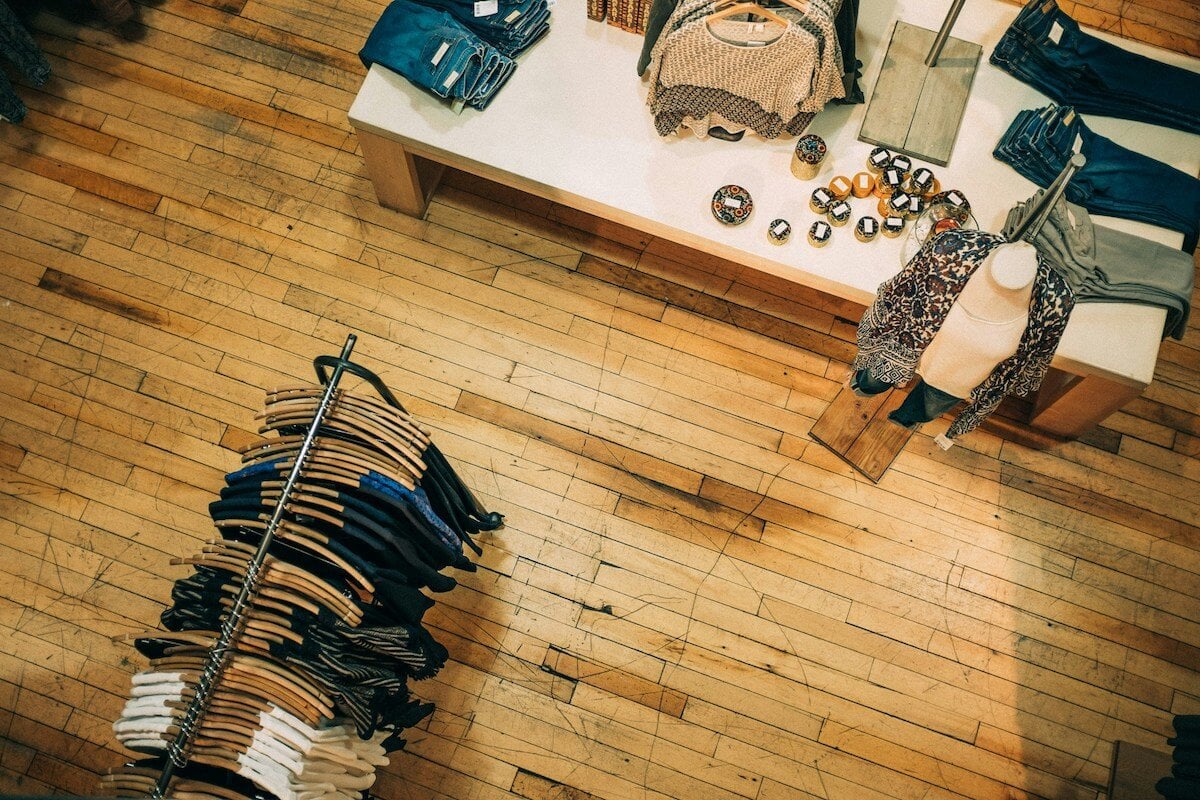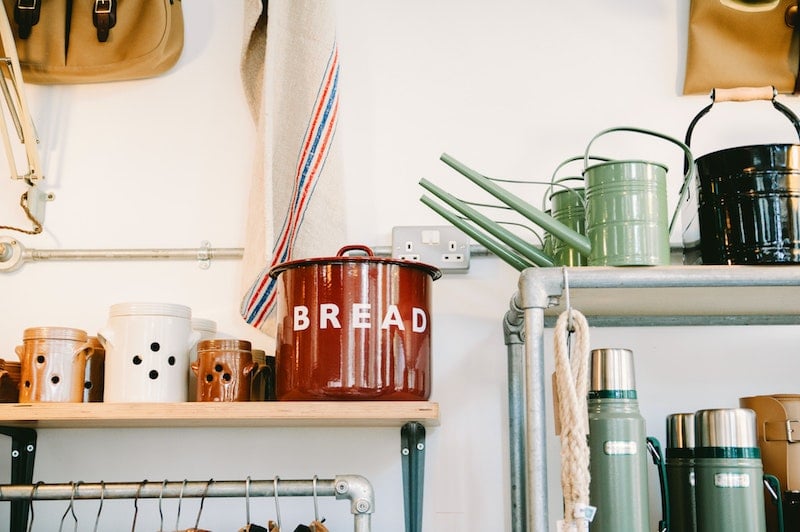
“I think that sustainability isn’t going anywhere, so even if you’re not a sustainable brand, everyone is going to try to figure out how it fits in with their business and values and how to communicate that”.
That’s what Therese, founder of Small Business Collaborative, said when we asked for her number one tip for future-proofing a brand.
But with independent retail businesses juggling so many different challenges and priorities, is it realistic to expect our smallest retailers to put this on their agenda? And for those who are making sustainability a priority, how does this look in practice? We asked the CREOATE community.
On this page
- Sustainability within the CREOATE retail community
- A local focus
- Looking ahead: sustainability & the cost of living crisis
Sustainability within the CREOATE retail community
Key stats:
- In 2021, 93% of CREOATE retail businesses described sustainability as a focus for the next 12 months
- 59% of these described sustainability as ‘a big focus’
- The most popular method of achieving this was to stock ‘more eco-friendly/sustainable products’, second to ‘stocking more local products’
With so many other pressing challenges facing retailers today, we were blown away by the fact that 93% of retailers cited sustainability as a focus for the next 12 months, and even more so by the fact that 59% of these retailers called it a ‘big focus’.
When we asked how retailers are making their businesses more sustainable, the most popular response was by ‘choosing products which are more sustainable/eco-friendly’ (84%), followed by ‘stocking more local products’ (68%), and ‘reviewing [their] own packaging/bags’ (64%).
Those who selected ‘other’ (4%) for this question had some interesting suggestions for what they’re doing to make their business more sustainable, including:
- Considering how they travel to work
- Planting a tree for every purchase
- Making an efficient inventory model to suit the business needs
- Carbon offsetting
Whatever form it takes, it’s clear that a small business-heavy economy is a positive thing for our planet. When asked why sustainability was a focus for these businesses, the answers were often touching, with sustainability at the very heart of their mission:
- ‘Sustainability is at the core of my business. We are the only children’s store in the UK to be Planet Mark certified, meaning we report our carbon data year on year with a commitment to reduce our impact.’
- ‘It’s the most important thing to me and my business.’
- ‘Making sustainably-made products more accessible is why I started my store.’
For others, this year’s focus on sustainability was simply led by customer demand, with responses including:
- ‘It is what consumers are looking for within the beauty product range’
- ‘Consumers are all leaning toward wishing to know where their food comes from’
- ‘Customers are concerned [about sustainability] so we have to be’
- ‘We are based in Cornwall and people care a lot about plastic pollution’
- ‘It’s well on consumers’ agendas and we need to respond to this demand’
- ‘It is a focus of our customer base to buy responsibly’
- ‘Customers are expecting more sustainable options in store’
- ‘That's what customers want now, sustainable, eco-friendly and organic products’
However, some responses also highlighted the challenges of balancing price point and sustainability; while one brick and mortar retailer claimed sustainability was a focus because ‘people have money around here!’, it wasn’t a focus for another because ‘customers are only prepared to pay so much’.
‘I still find that people want cheaper pricing over the more expensive eco brands’, said one retailer.
A local focus
What makes a product or brand ‘sustainable’ or ‘eco-friendly’ can come down to a number of different factors. Plastic-free, for example, is one of the most searched terms on CREOATE.
Climate positivity and carbon offsetting are common values and initiatives in the sustainability sphere. Use of recycled and upcycled materials in products, as in the case of The Sustainable Watch Company's timepieces made from recycled wood furniture, or beauty brand UpCircle's refill scheme and use of upcycled ingredients — all point to a brand's eco-friendly credentials.
Recently, we’ve noted a definite uptick in the desire to stock local products. It’s a trend that has been accelerated by factors such as the pandemic and Brexit; in the face of supply chain issues and cross-border complexities, stocking local becomes a better logistical choice, as well as a more sustainable one.
“People are definitely as aware of things being eco-friendly as they are being local,” says Jack, whose brand Paper Plane sells through CREOATE. “Local works on a lot of different levels, from being made in the UK or even being local to your own county. People even want to stock things made by extremely local makers in their town or village.”
Looking ahead: sustainability & the cost of living crisis
There’s concern that the cost of living crisis will derail the shift to conscious consumerism, with customers prioritising a low price over everything else.
‘The cost of living rise is having a direct impact on shopping habits, with 80% of consumers saying their day-to-day costs have gone up, half are buying less and 60% are ditching sustainability in favour of value for money as a result’, reports Internet Retailing.
We’re feeling more optimistic here at CREOATE, because we know just how many smaller brands are prioritising making sustainable products at a competitive price. Just take a look at our sustainable stocking fillers collection for some great examples.
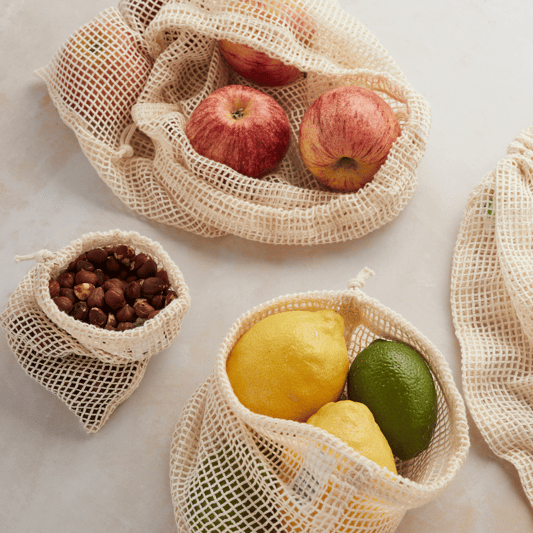
Sustainable & affordable: Tabitha Eve is a great example of a forward-thinking wholesale brand
But while we can’t be sure what will happen to the appetite for sustainable goods, we do know that there’s often an intersection between eco-friendliness and cost-saving:
“We can all make little tweaks, like printing fewer invoices and sending an email instead. Stockists and consumers want to know what part you’re playing. Having that transparency is important.”, says Therese.
So if you find yourself feeling overwhelmed, our advice is to focus on the small steps you can take as a business. If filling your shelves with entirely zero waste products is unrealistic right now, for example, could you incorporate just a few more local brands? Could you start sending email receipts instead of giving paper ones?
Don’t worry about being perfect, and remember to always pay attention to what your customers want first and foremost.
Not registered with CREOATE yet? Sign up now and start shopping wholesale with us today.
Related articles:
Browse Popular Categories at CREOATE: Wholesale Jewellery | Wholesale Gifts | Wholesale Stationery | Wholesale Beauty Products | Wholesale Mugs | Wholesale Homeware | Wholesale Pet Supplies | Wholesale Gourmet Food | Wholesale Garden & Outdoor | Wholesale Baby & Kids Products
Browse Trending Collections on CREOATE: Wholesale Halloween | Wholesale Mother's Day Gifts | Wholesale Father's Day Gifts | Wholesale Valentine's Day Gifts | Wholesale Spiritual Supplies
>> View all


